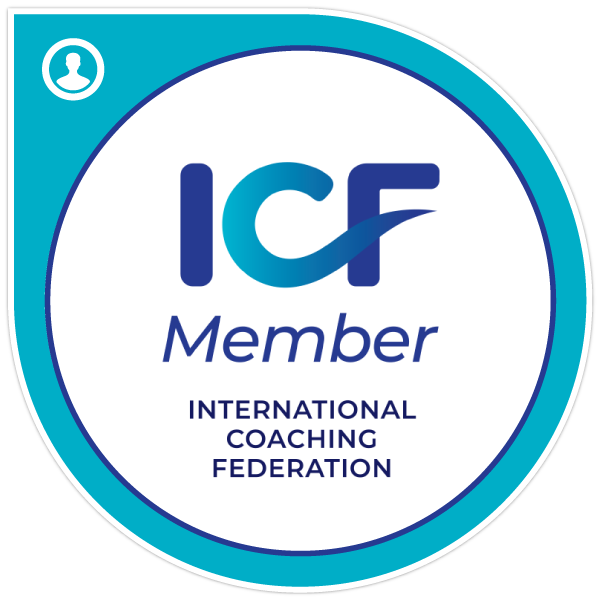I had the privilege of listening to Björn Natthiko Lindeblad shortly after he returned to Sweden after his seventeen years as a Buddhist monk. Those of us who listened had never heard of him before, and it was before he became known to the general public after being chosen as the listeners' summer host in the Swedish famous radio program 'Summer in P1' in 2012. I remember his presence as calm, powerful, and humble. In this post, I write about the power of thought in our lives and that you should not believe everything you think because we cannot control the thoughts that come to us – we can only choose how we relate to these thoughts.
”When we believe everything we think, we become vulnerable and defenseless.”
– Björn Natthiko Lindeblad, The Book"I May Be Wrong and Other Wisdoms from My Life as a Buddhist Monk.”
We think all the time. Sometimes constructively – often critically. Thoughts about what we should have said. What others might think. Whether we are enough. Or too much. Thoughts that rush ahead, spin backward, or whisper untruths about our worth.
When thoughts become our inner boss
Many I coach are self-critical. It is a strength – until it becomes a hindrance. For when we unquestioningly believe every thought that arises, we risk getting stuck in self-doubt. We allow an inner narrative, often created in stress or pressure, to dictate our choices.
But thoughts are not facts. They are mental events. Some carry wisdom. Others only worry, old patterns, or fears.
Professional coaching offers a unique space to explore just this:
What thoughts guide you? Which are helpful – and which do you need to let go of?
When self-leadership begins with self-awareness
Being a leader today requires more than competence and results. It requires the courage to face oneself. To see one's own thought and behavior patterns – and to choose which ones to reinforce. This is where coaching comes in as a powerful tool.
Coaching is not about getting answers – but about seeing your own answers. It is about strengthening the inner compass and lowering the volume of the inner critic. To realize that you don't need to become someone else – you need to become more you.
Research in neuroscience (including from Stanford and Harvard) shows how reflection and awareness of thought patterns affect our ability to make decisions, manage relationships, and lead with authenticity.
And perhaps most importantly:
To see that you are not your thoughts. You are the one who observes them.
When thoughts quiet down – what becomes possible then?
Björn Natthiko Lindeblad writes in his book:
"I may be wrong. So simple. So true. So easy to forget."
It is a reminder that carries weight. In leadership. And in life.
So the next time you hear that voice that says you are not ready, not enough, or must perform even more – pause. Ask yourself: Is it really true? Or is it just a thought I don't need to believe in?
👉 Are you curious about how coaching can help you navigate thoughts, strengthen self-leadership, and lead with clarity?
Feel free to book a first conversation with me at no extra cost here. Together we explore what is possible when you stop believing everything you think – and start listening to what is truly true for you.


